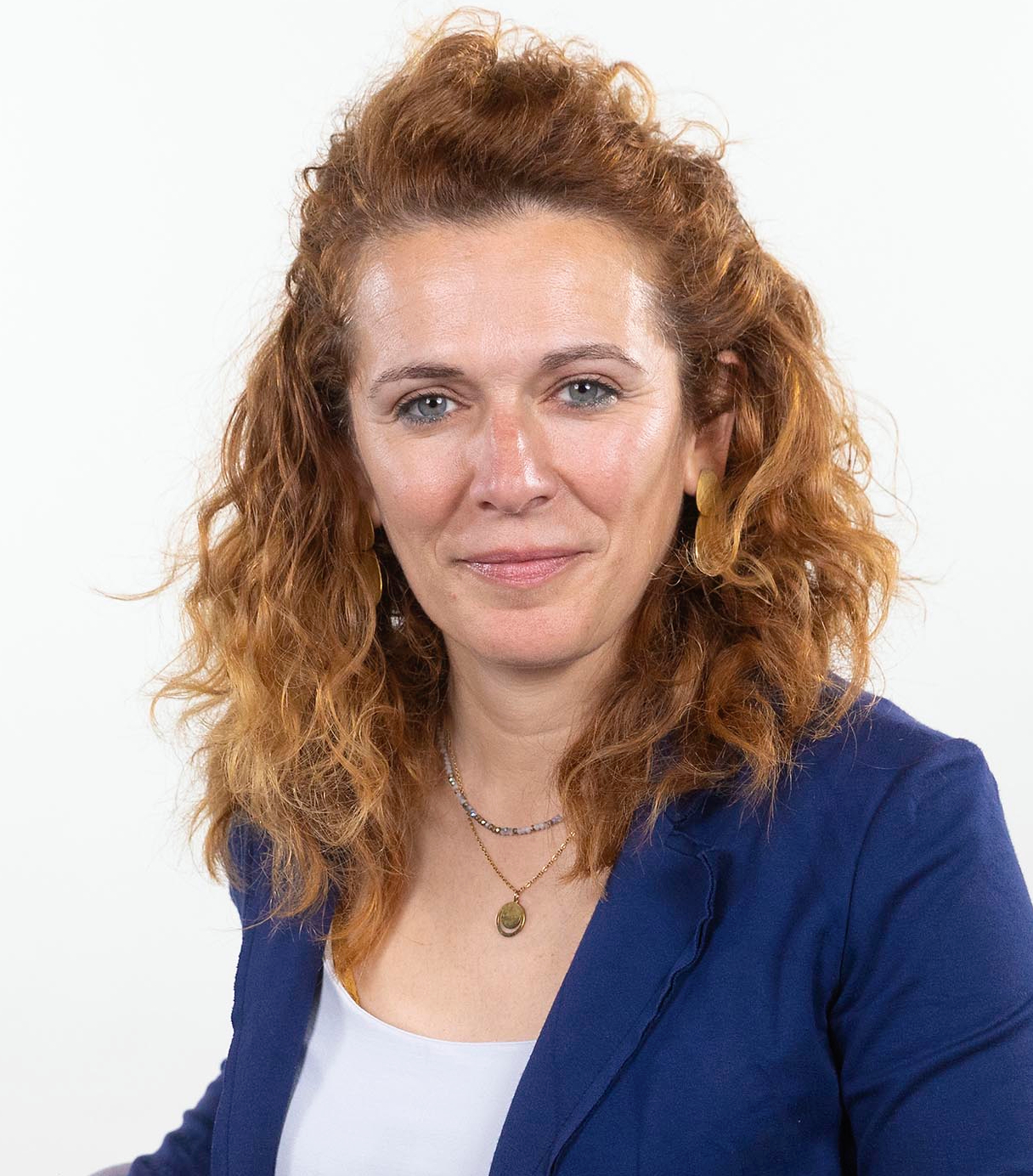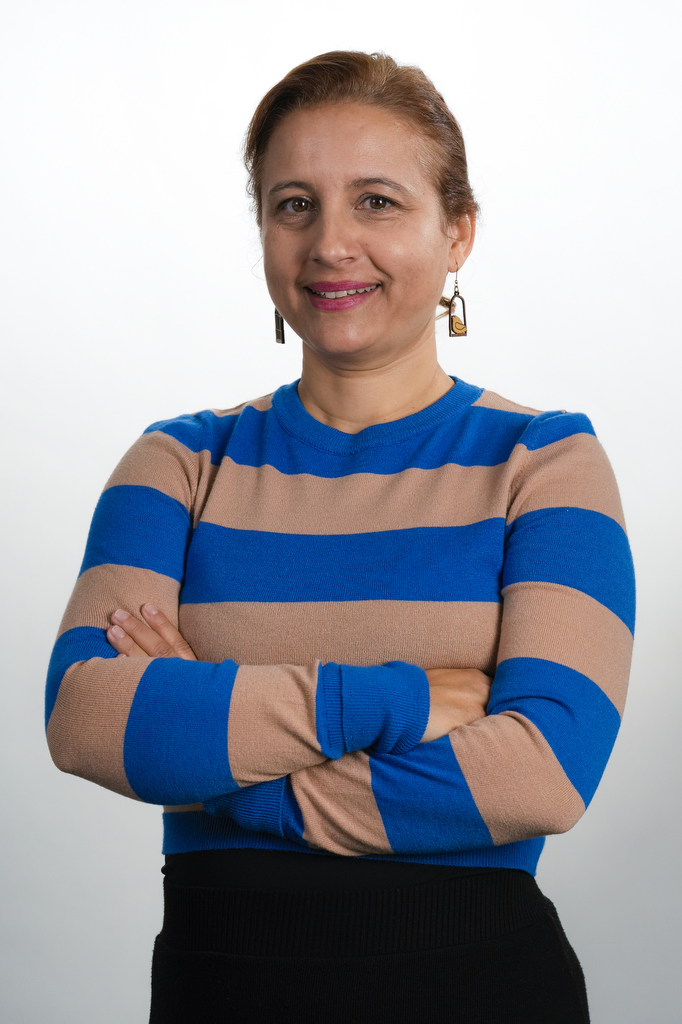Doctoral Programme in Humanities and Communication
Presentation
The doctoral programme in Humanities and Communication trains students to research the social change phenomena that can be found in social practice and ideology. By studying new forms of social interaction, communication and artistic expression, our aim is to broaden our understanding of phenomena such as globalization, neocolonialism, inequalities, social movements and appropriation of technological innovations. This doctoral programme fosters an interdisciplinary, international approach to the study of these phenomena, which is also mirrored in the structure of the programme's research groups.
The faculty members who take part in this programme are aware that the knowledge created and access to it are inextricably linked with the way society is organized and power exercised, which inevitably makes these factors scenarios for conflict and inequality. Accordingly, our goal is to make available open, accessible formats and procedures for knowledge dissemination that help build a fairer and more sustainable world.
The doctoral programme in Humanities and Communication trains students to research the social change phenomena that can be found in social practice and ideology. By studying new forms of social interaction, communication and artistic expression, our aim is to broaden our understanding of phenomena such as globalization, neocolonialism, inequalities, social movements and appropriation of technological innovations. This doctoral programme fosters an interdisciplinary, international approach to the study of these phenomena, which is also mirrored in the structure of the programme's research groups.
The faculty members who take part in this programme are aware that the knowledge created and access to it are inextricably linked with the way society is organized and power exercised, which inevitably makes these factors scenarios for conflict and inequality. Accordingly, our goal is to make available open, accessible formats and procedures for knowledge dissemination that help build a fairer and more sustainable world. In particular, we endorse and aspire to developing the concepts of open science, data commons and data sharing.
In a more specific sense, this doctoral programme aspires to train professionals endowed with a global, interdisciplinary, critical vision who will work in or influence the fields of culture and communication, understood as spheres for creation, public participation and economic production. The Doctoral School and the doctoral programme are equally dedicated to furthering the UOC's strategic goals. As such, they work to train global citizens and professionals, foster transdisciplinary outlooks and open knowledge with everyone and for everyone, and create environments that stimulate knowledge co-creation with other social agents with the goal of enhancing its impact. This programme's faculty also shares the transformational goals that are expressed in the sustainable development strategy. In general terms, before we can guarantee access to ownership of resources and technologies and foster resilience, we must understand the culture and social practices behind the contexts in which poverty and exclusion must be addressed. Thus, a large part of the research carried out by the participating groups focuses on subject areas associated with gender equality and fostering social and political inclusion, regardless of differences in age, gender, sexuality, disability, race, ethnic group, origin, religion, economic situation or any other condition. Mobility and migrations, along with the interest in protecting and safeguarding cultural heritage, are also topics shared by a large proportion of the research groups.
Learning to research
The UOC Doctoral School and this programme in Humanities and Communication offer students the possibility of taking part in the University's research groups and projects in the fields of humanities, social sciences and communication science. Working with the UOC's researchers, students acquire a global vision of the different fields of research related with their own research subject. And by assisting researchers in data collection and analysis and later in disseminating the results, students acquire the practical expertise of professional researchers. These research groups often work in collaboration with faculty members from the areas of linguistics, communication, literary studies, philosophy, history, sociology, anthropology and art. In general terms, the research projects apply a constructivist approach and preference is given to interpretative, hermeneutic and qualitative methods.
Competencies
The doctoral programme develops the following basic competencies (as per Spain's Royal Decrees RD 99/2011 and RD 576/2023):
C1. Systematic understanding of a field of study and mastery of the research skills and methods related to this field.
C2. Conceiving, designing or creating, putting into practice and adopting a substantial research or creation process.
C3. Contributing to expanding the frontiers of knowledge through original research.
C4. Developing a critical analysis and assessment and synthesizing new and complex ideas.
C5. Communicating with the academic and scientific community and with society in general regarding the student's areas of knowledge, employing the formats and languages habitually used in their international scientific community.
C6. Fostering scientific, technological, social, artistic or cultural progress in a knowledge-based society, in academic and professional settings.
C7. Fostering open science and citizen science (in accordance with Article 12 of Spain's Organic Law 2/2023, of 22 March) so as to contribute to the status of scientific knowledge as a common good, with assessment of the doctoral student's performance of interdisciplinary activities relating to the different aspects of open science and citizen science, and the development of skills in both disciplines through microcredentials or similar.
Admission profiles
The PhD programme in Humanities and Communication is for people who have university qualifications in any arts or social sciences discipline and are seeking to complete their understanding of their field of knowledge and make new contributions to it. This may be in terms of interpreting reality or artistic expression, ways of thinking and values, historical sequences of events or forms of intervention in art or communication.
Career opportunities
This programme seeks to develop the following social and professional profiles:
Professionals in the fields of cultural creation, production and programming: cultural facilitators, managers and programmers; creators and scriptwriters; theatre and film directors; communication and culture consultants; musealization process and memory management designers; political consultants; art, film and literary critics , etc.
Communication professionals: specialist journalists and department editors, media programmers and copywriters, content and corporate communication managers, and audiovisual media producers.
Professional critics: literary, film or art critics.
Specialist teaching and research professionals: university teaching staff, academic researchers, market researchers in culture- and art-related sectors.
Official qualification
The UOC's Doctoral Programme of Humanities and Communication is a programme that has been approved by the Spanish Universities Council, and its implementation has been authorized by the Government of Catalonia, in accordance with current legislation.
The UOC's doctoral programmes have full academic validity throughout Spain; where such is the intention, they are qualifications to perform regulated professions, in accordance with the regulations applicable in each case.
The certificates for these programmes are issued together with a Diploma Supplement (DS), providing details of what the student studied, their results, the professional competencies obtained and the qualification's level in the Spanish higher education system; the aim of this is to facilitate recognition of the qualification and promote students' and graduates' mobility within the European Higher Education Area (EHEA).
In other countries, the validity of the official university qualifications issued by the UOC will depend on each specific country's education laws.
Official qualification
The UOC's Doctoral Programme of Humanities and Communication is a programme that has been approved by the Spanish Universities Council, and its implementation has been authorized by the Government of Catalonia, in accordance with current legislation.
The UOC's doctoral programmes have full academic validity throughout Spain; where such is the intention, they are qualifications to perform regulated professions, in accordance with the regulations applicable in each case.
The certificates for these programmes are issued together with a Diploma Supplement (DS), providing details of what the student studied, their results, the professional competencies obtained and the qualification's level in the Spanish higher education system; the aim of this is to facilitate recognition of the qualification and promote students' and graduates' mobility within the European Higher Education Area (EHEA).
In other countries, the validity of the official university qualifications issued by the UOC will depend on each specific country's education laws.
-
Start
23 Sep 2026
-
Online
100%
-
Admission to the welcome area: March 19, 2025
-
Languages: English, Spanish, Catalan
-
Official qualification
Fully online method
World's first ever online university
Personalized guidance and support
-
The UOC, Spain's best online university
We are rated the best online university in Spain by the main university quality rankings.
Programme quality
The quality of this degree programme is endorsed by the Catalan University Quality Assurance Agency (AQU), which ensures that rigorous standards, including those demanded by the EHEA, are met.



